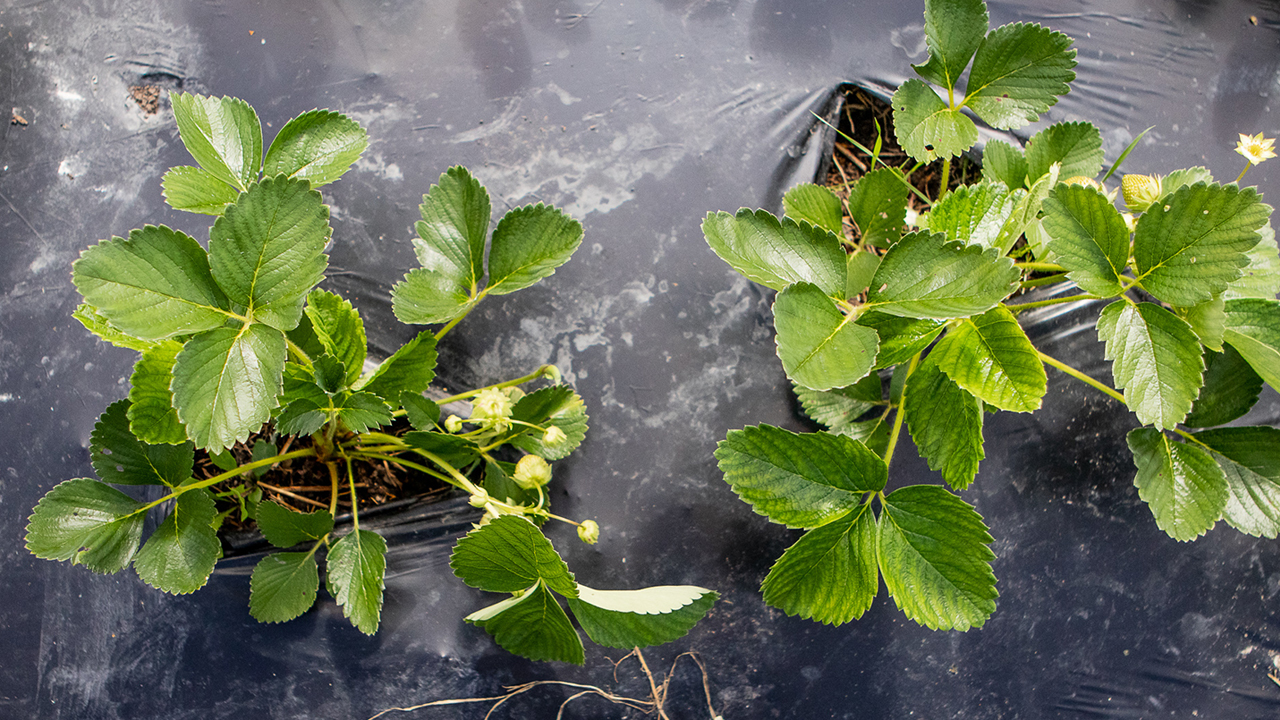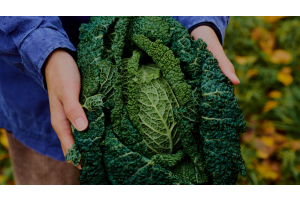Bioplastics recognised by United Nations as a sustainable alternative to conventional plastic

Plastic is everywhere and it has changed our daily life. It is durable and convenient, but unfortunately large amounts end up in the nature which has a significant negative effect on the environment, animals, and human health.
Plastic products are also widely used in agriculture as it can improve the efficiency and productivity of food production. Common products being used are plastic mulch films, greenhouse films and nets, coated fertilizers and much more. A recent study published by the Food and Agriculture Organisation (FAO) estimates that agricultural applications used approximately 12.5 million tons of plastic per year, with films being the biggest part of this.
Agricultural plastics are therefore a serious risk of pollution and harm to human and ecosystem health when degraded or disregarded in the environment and increase the risk of accumulating amounts of microplastic left in the soil.






